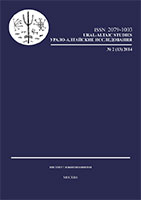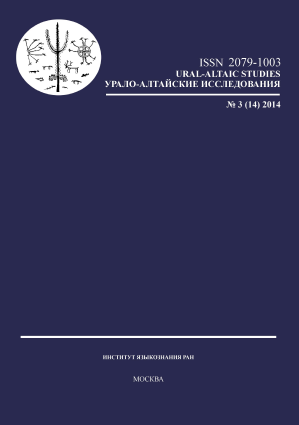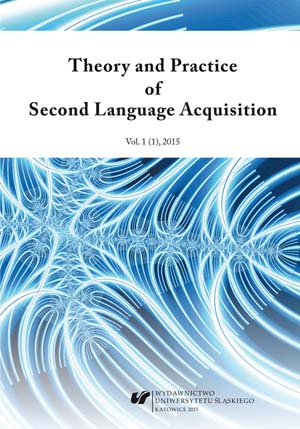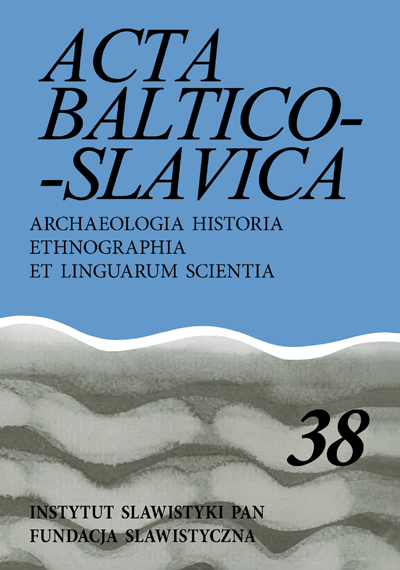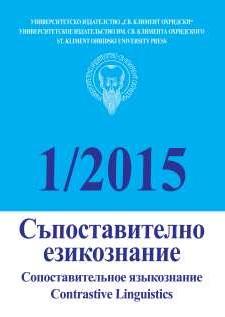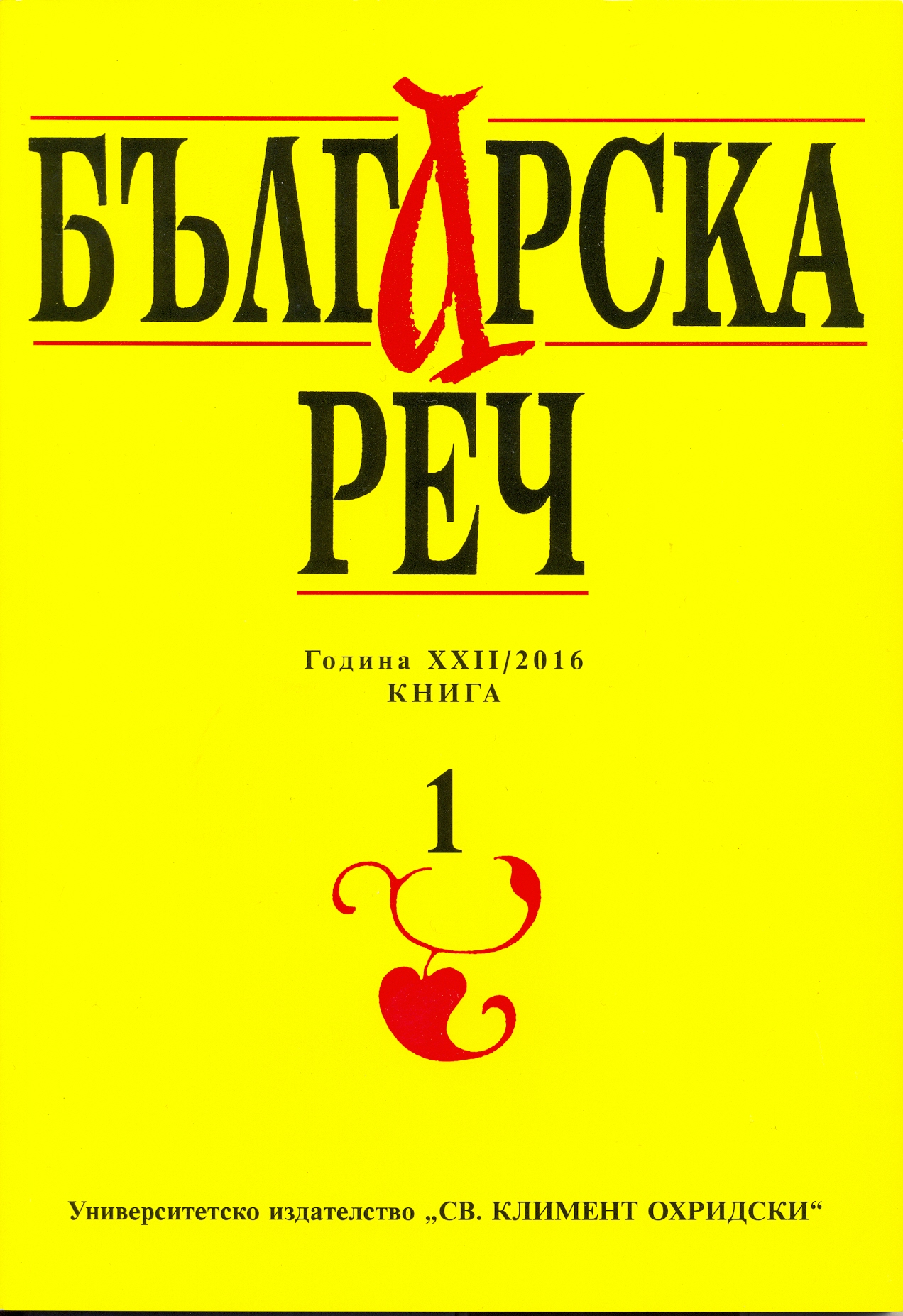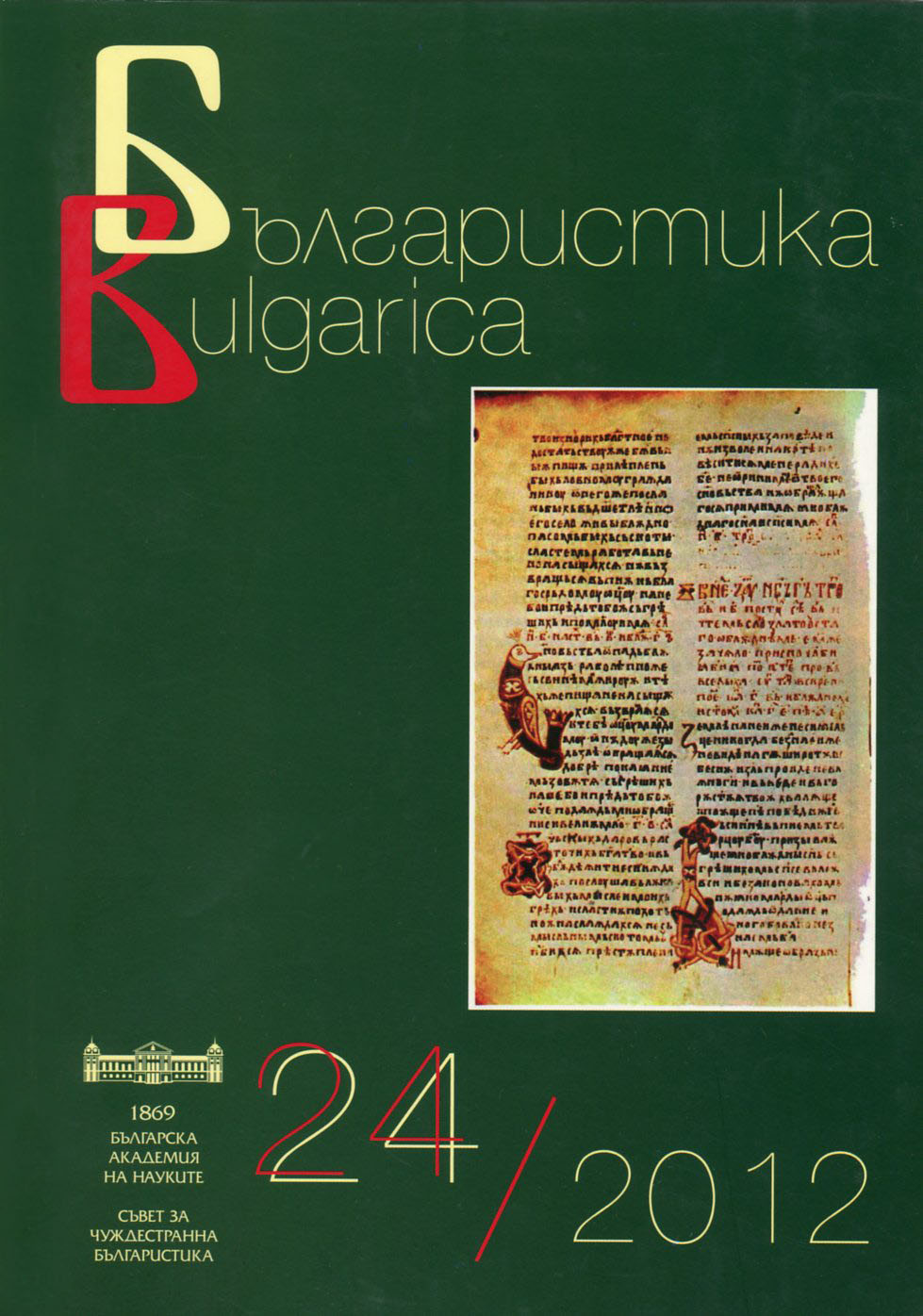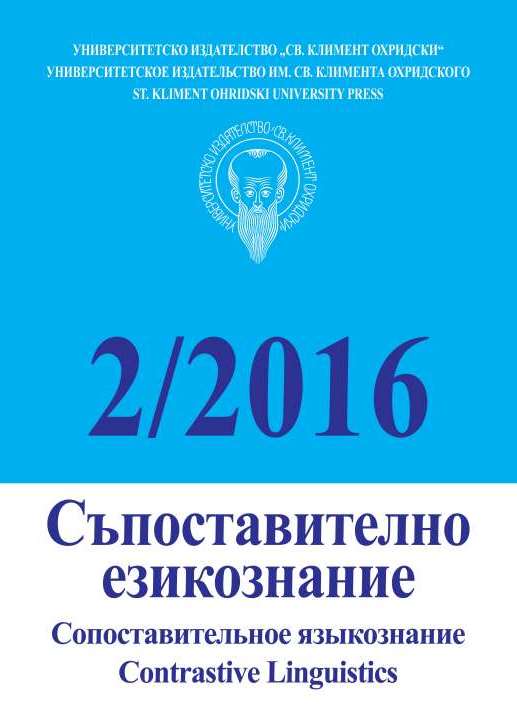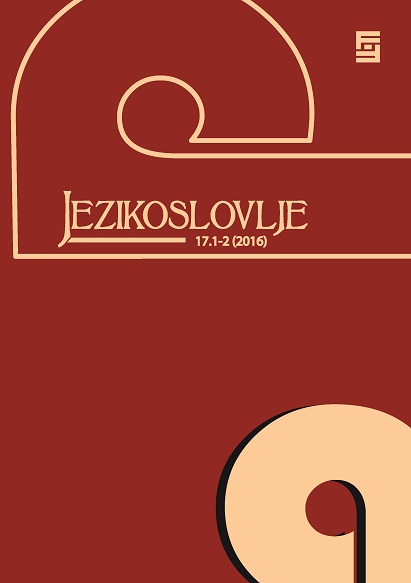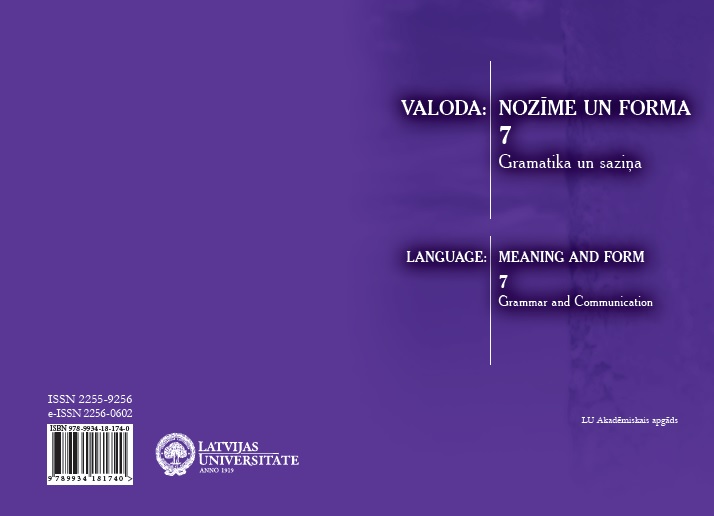Author(s): Lana Hudeček,Snježana Kereković,Milica Mihaljević / Language(s): Croatian
Issue: 1-2/2016
The paper focuses on the analysis of Croatian word combinations consisting of head noun + genitive noun or adjective + noun. The analysis has been carried out on examples of scientific terms used in different fields (mechanical engineering, communicology, etc.) primarily with respect to the norm which prescribes that in standard Croatian (including Croatian scientific terminologies) the word combination consisting of adjective + noun is given preference if such a combination has the same meaning as a combination consisting of head noun + genitive noun. In view of the fact that the scientific terminology contains many word combinations which seem not to observe this rule of the Croatian norm, sources and implications of the rule are considered and the cases in which combinations head noun + genitive noun are not replaced by combinations adjective + noun are formalized. The aim of this study is to investigate the relationship between the two ways of modifying the head noun (with an adjective or a genitive noun), to identify what factors influence the possibility/impossibility to transform one combination into another and to determine the scope of the mentioned rule. By studying synonymous terms of these two combination types used in practice (e.g. osovina kočnice and kočnička osovina, lanac dizalice and dizalični lanac, ležajna nestabilnost and nestabilnost ležaja, vratilo pogona and pogonsko vratilo, medijska odgovornost and odgovornost medija, medijski pravobranitelj and pravobranitelj medija, programski monitoring and monitoring programa), the existence of which also suggests that users are not comfortable with following this rule, the terms which occur in only one of the two combination types (os ležaja, dijelovi ležaja, ploča remena, glava cilindra, ventil motora, glava pile, brzina rezanja, prototip motora, smjer vlakana, bolest bubrega, upala jetre; pogonski kotač, usisni ventil, bubrežni kamenac, jetrene probe) and the terms that occur in both combinations but have different meanings (metalno prevlačenje and prevlačenje metala, medijska pismenost and pismenost medija) conclusions are reached based on which the rule should be amended and modified.
More...
